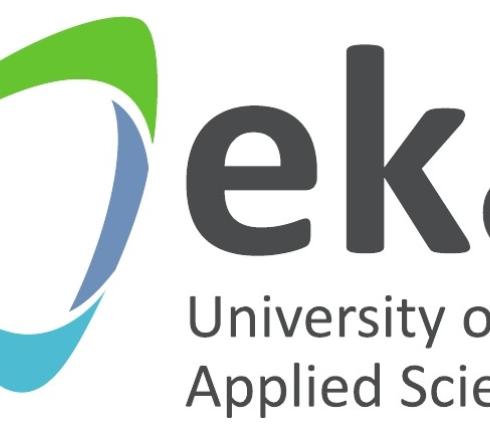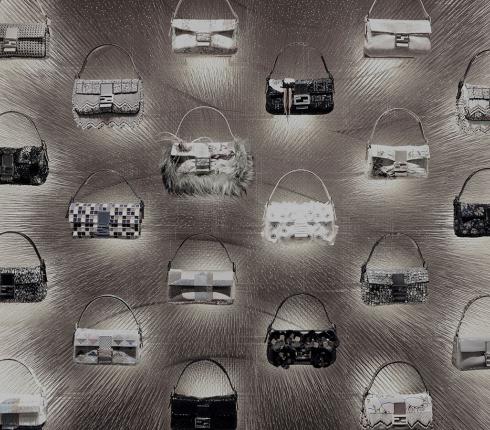NJORD Latvia: A new trademark law comes into force on 6 March 2020
The Saeima (Latvian parliament) has adopted a new law aimed at regulating trademark registration, as well as the use and protection of trademarks and geographical indications.
The law is designed to transpose Directive 2015/2436 of the European Parliament and of the Council on the approximation of the laws of the Member States relating to trademarks.
The new law increases the range of marks that can constitute trademarks, namely word mark, figurative mark, three-dimensional mark, position mark, ornament mark, colour mark, sound mark, motion mark, multimedia mark, and holographic mark.
Compared to the previous law, a registered trademark owner will have the right to prevent counterfeit goods from being imported from third countries, even if the goods are not released for free circulation unless the declarant proves that the trademark owner does not hold the right to prohibit placing the goods on the market in the country of destination.
Not only natural and legal persons, but also associations of persons will hold the rights as trademark owners if they acquire rights and assume obligations. This includes conducting business and being a claimant and defendant.
The new law clearly defines trademark rights as exclusive property rights which, under the legal regime, are comparable to rights to movable property within the meaning of the Civil Law, so that they may be alienated, pledged and otherwise put into private circulation.
The law also establishes civil liability for trademark infringement by providing that the trademark owner or the licensee may bring an action for an infringement on behalf of the trademark owner and with the permission of the trademark owner unless the trademark owner has not responded to the exclusive licensee’s request to use legal action. The limitation period for bringing such actions is three years, and there are cases in which a potential claimant may not bring such an action because of conciliation.

































